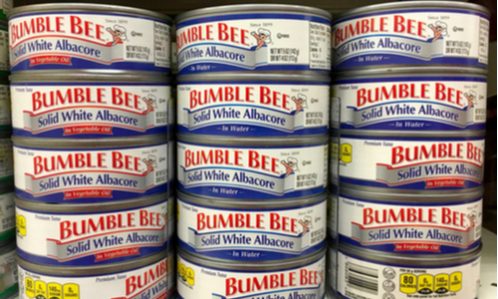Former Bumble Bee Foods President and CEO Chris Lischewski formally appealed his conviction for leading a tuna price-fixing conspiracy in front of a three-judge panel on Wednesday, June 16.
Lischewski’s appeal is centered around an argument that District Court Judge Edward M. Chen, who oversaw the case, gave incorrect instructions to the jury. In Wednesday’s hearing, Lischewski’s lawyer, John D. Cline, called the jury instructions given by Chen erroneous and confusing, which could have made the difference in what he called a “very close case.”
“Against this backdrop, where so little stands between conviction and acquittal, it is extraordinarily important to instruct precisely and accurately on the agreement element, because that is all there is in this case,” Cline said. “It is particularly important in the context of this case, because this was a very close case, [but] you wouldn’t know it from the time the jury spent deliberating and I think that was due to the instructional error.”
Cline pointed to Chen’s instructions on the term “mutual understanding” and on the Per Se rule as being particularly damaging to Lischewski.
“One that troubles me the most is the mutual understanding instruction,” Cline said. “The only thing standing between Mr. Lischewski and prison was the agreement element, and yet when it came time to instruct on that element, the district judge … repeatedly instructed the jury that an agreement or mutual understanding would suffice. There’s a basic problem with that, which is this: Every agreement is a mutual understanding, but not every mutual understanding is an agreement, and in the context of this case, that difference is critical because there was, for example, evidence at trial that there was mutual understanding in the tuna industry that because fish costs were skyrocketing, prices had to go up. That is not the same as an agreement to fix prices.”
Want more news? Subscribe to CPI’s free daily newsletter for more headlines and updates on antitrust developments around the world.

